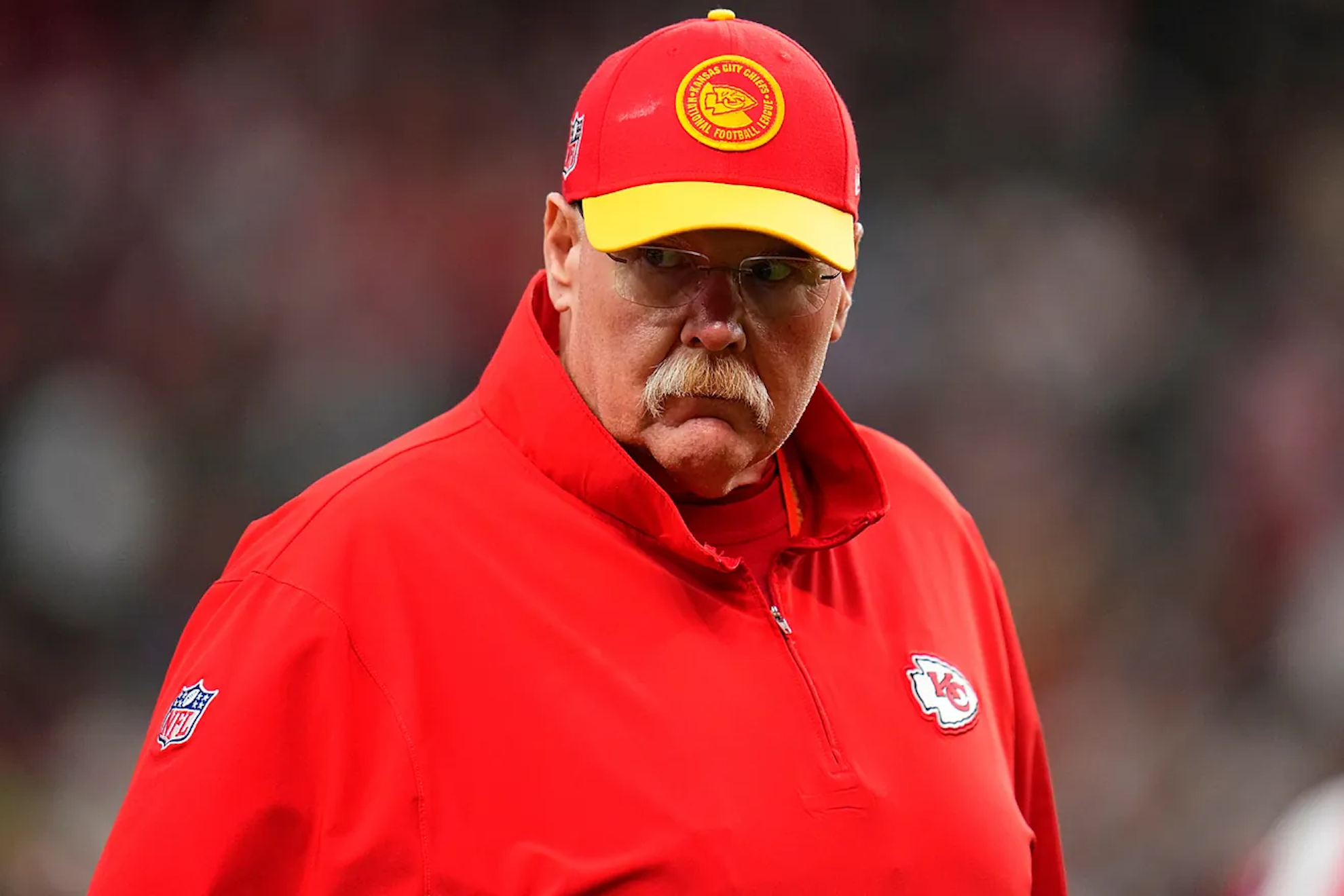The act of kneeling during the national anthem has been a hotly debated topic in recent years, particularly in the context of sports and public protests. The idea that athletes who kneel during the national anthem should lose their Olympic medals is a controversial stance that touches on issues of patriotism, freedom of expression, and the role of athletes in politics and society.

The Star-Spangled Banner is a symbol of national pride and unity. For many, standing during a performance is a matter of showing respect for the country and its values. The practice of kneeling during the national anthem, popularized by
NFL player Colin Kaepernick in 2016 to protest racial injustice and police brutality, has sparked widespread debate. Kaepernick’s gesture was intended to draw attention to systemic issues affecting marginalized communities, but it was met with both support and backlash. Calls for athletes to forgo Olympic medals for similar acts of protest are an extension of this debate, raising questions about the limits of acceptable dissent and the consequences of political expression in sports.
Those who support the idea that athletes should be stripped of their medals for kneeling argue that such actions are disrespectful to the national anthem and the values it represents. They see kneeling as a direct affront to national pride and a betrayal of the honor associated with competing for one’s country on the international stage. In this light, medals are seen not only as individual achievements but also as symbols representing the nation. Therefore, any action that is seen as undermining the nation’s values could be considered grounds for stripping athletes of their awards.
Proponents of this stance often emphasize the importance of maintaining a unified and respectful public image, especially during international competitions like the Olympics. They argue that athletes who publicly protest during the national anthem should face consequences to protect the integrity and patriotism of the event. By enforcing such measures, they believe, the Olympic Games can maintain its focus on celebrating athletic excellence and national pride without being distracted by political controversy.

On the other hand, critics of the idea that athletes would lose their medals for kneeling argue that such measures would violate free speech and undermine the role of athletes as advocates for social change. They argue that sports and activism are not mutually exclusive and that athletes, like all citizens, have the right to express their views, even if those views are controversial. For many critics, the act of kneeling is a form of peaceful protest that draws attention to important social issues and contributes to meaningful dialogue and change.
Critics also argue that punishing athletes for expressing their dissent could set a dangerous precedent, discouraging other athletes from speaking out about issues they care about. They argue that the Olympics should not be a platform for enforcing political conformity but rather a venue for celebrating diverse talents and perspectives. By respecting athletes’ right to express their views, the Games can maintain its commitment to inclusivity and freedom of expression, even as it celebrates national achievements.
Furthermore, the debate over whether athletes should be punished for kneeling during the national anthem intersects with broader discussions about the role of protest in society. Historical examples demonstrate that many social and political changes have been driven by acts of civil disobedience and protest. As such, some argue that the actions of athletes, including kneeling during the national anthem, should be seen as part of a long tradition of using public platforms to advocate for justice and equality.

Ultimately, the question of whether athletes who kneel during the national anthem should lose their Olympic medals is emblematic of larger tensions between patriotism and free speech. While some see kneeling as disrespectful and deserving of consequences, others see it as a legitimate expression of dissent and a powerful tool for social change. As this debate continues, it underscores the complex interplay between national symbols, individual rights, and the growing role of athletes in public discourse.





